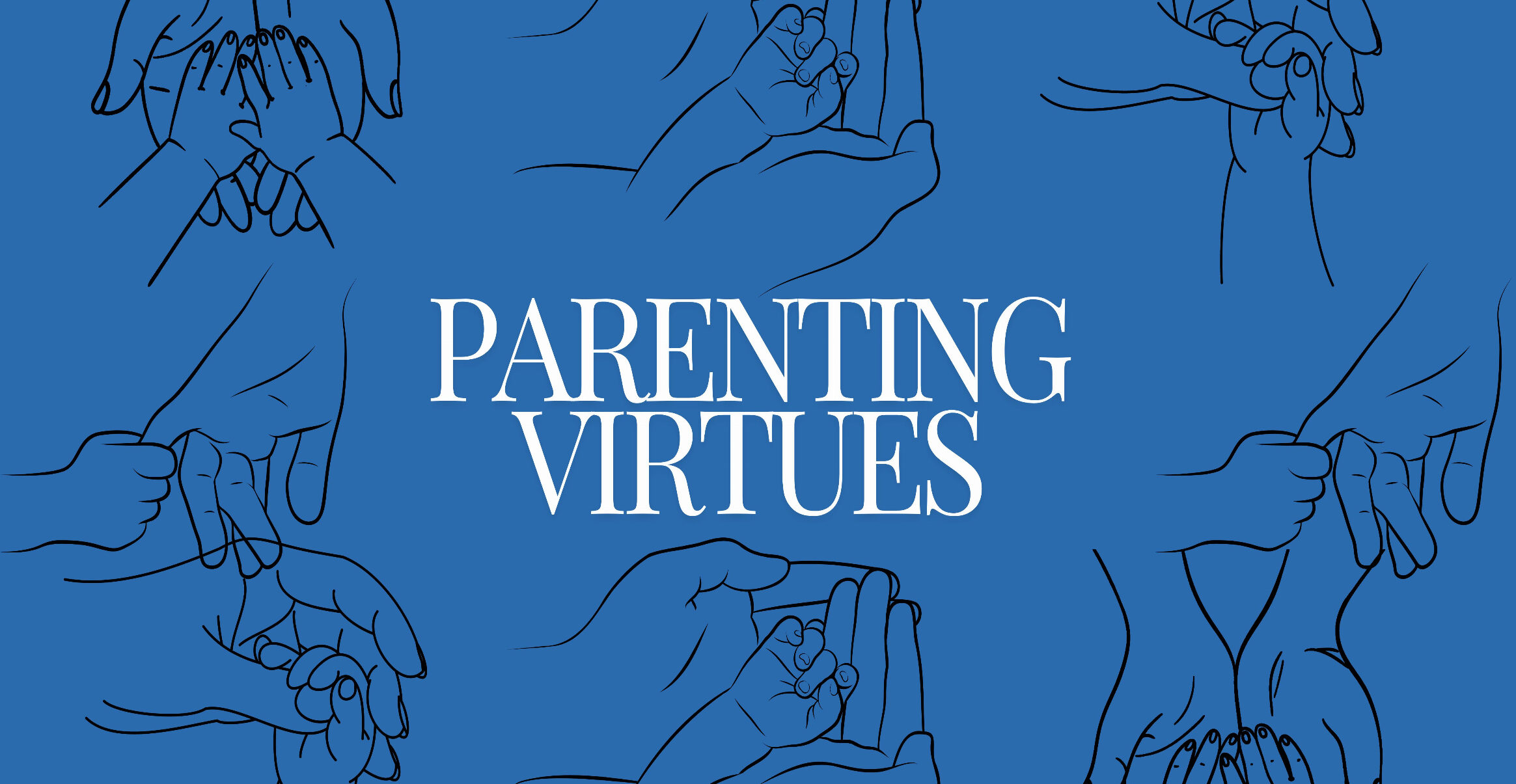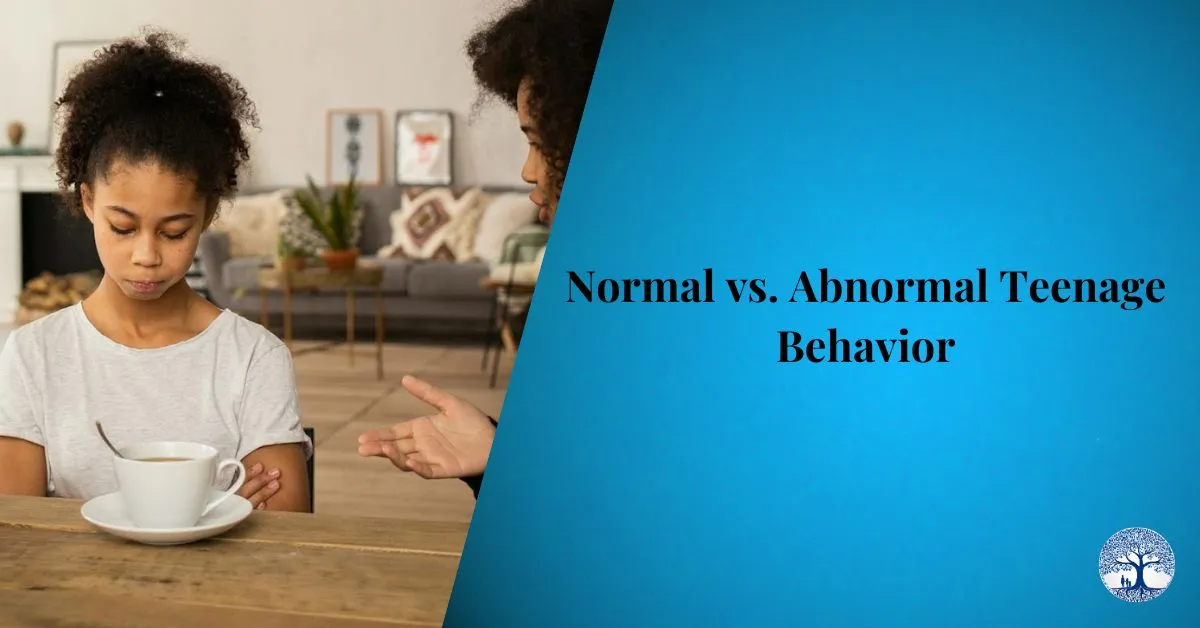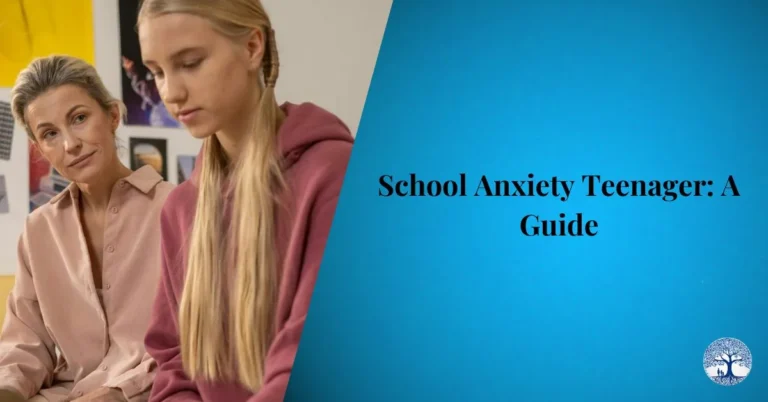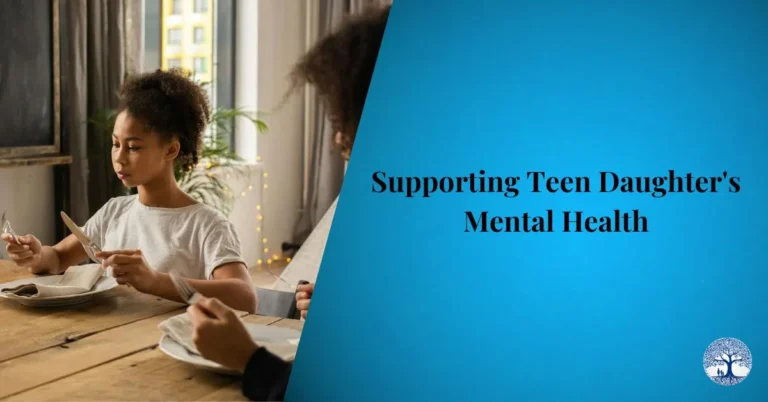Introduction
Navigating the teenage years can be a perplexing experience for both parents and teens, as it is a time marked by rapid physical, emotional, and psychological changes. The complexities of teenage behavior often manifest in ways that can be challenging to interpret, with normal developmental shifts sometimes mimicking more serious issues. Understanding the nuances between what is considered typical teenage behavior and what might be a cause for concern is crucial for parents.
By distinguishing between the two, parents can tailor their approach, ensuring they provide the right balance of support and guidance. This understanding is not only essential for effective parenting strategies but also plays a significant role in safeguarding the mental and emotional well-being of teenagers as they transition into adulthood.

What is Considered Normal Teenage Behavior?
Physical and Emotional Changes
Teenagers undergo significant hormonal and physical changes that profoundly affect their emotions and behaviors. The surge in hormones like estrogen and testosterone often leads to mood swings, irritability, and heightened emotional intensity. These fluctuations are a natural part of adolescence as their bodies adjust to these new hormonal levels. It’s common for teens to experience emotional highs and lows that may seem extreme but are typically within the range of normal teenage development.
Striving for Independence
As teenagers grow, their desire for independence becomes more pronounced. This often manifests in behaviors such as challenging authority, questioning rules, and testing boundaries. These actions are not necessarily signs of rebellion but rather a natural part of their journey toward self-identity and autonomy. Parents might notice their teen pushing back against household rules or seeking more control over their decisions, which is a normal aspect of asserting independence.
Social Experimentation
The teenage years are also a period of social exploration and experimentation. Adolescents are often influenced by their peers and may experiment with different social roles, identities, and behaviors to see what fits them best. This could involve trying out new fashion styles, adopting new hobbies, or even exploring different friend groups. While this exploration is a normal part of developing a sense of self, it can sometimes appear confusing or inconsistent to parents.
Fluctuating Interests and Attitudes
It’s common for teenagers to rapidly shift their interests and attitudes as they explore different aspects of their personalities and preferences. One week they might be passionate about a particular hobby, and the next, they’ve moved on to something entirely different. This inconsistency is a reflection of their search for identity and self-expression. These fluctuations, though sometimes frustrating for parents, are a typical part of adolescence as teens navigate their evolving sense of self.
Identifying Abnormal Teenage Behavior
Persistent Mood Disorders
While mood swings are a common part of adolescence, persistent mood disorders such as depression or anxiety are cause for concern. Signs that go beyond typical teenage moodiness include prolonged periods of sadness, overwhelming feelings of hopelessness, or intense anxiety that interferes with daily life. If a teenager is constantly struggling with negative emotions that they can’t seem to shake, it may indicate a deeper mental health issue that requires professional attention.
Extreme Withdrawal from Social Interaction
Social interaction is a crucial part of teenage development, but extreme withdrawal from peers and family can be a red flag. If a teen begins to isolate themselves, refusing to engage in social activities or withdrawing completely from family interactions, it could signal underlying issues such as depression, anxiety, or even bullying. While some degree of solitude is normal, complete social withdrawal is not and should prompt concern.
Severe Behavioral Problems
Behavioral issues that go beyond normal teenage defiance, such as aggression, truancy, or substance abuse, often indicate deeper problems. These behaviors can be a sign that a teen is struggling with internal conflicts or external pressures that they are unable to cope with in a healthy manner. Persistent aggression, frequent absences from school, or experimentation with drugs and alcohol are all indicators that a teen may be in distress and in need of intervention.
Academic Decline
A sudden or significant drop in academic performance can be a signal that something is amiss. While it’s normal for grades to fluctuate, a consistent decline or a complete loss of interest in schoolwork can indicate issues such as learning disabilities, emotional struggles, or lack of engagement. Parents should be attentive to changes in their teen’s attitude toward school, as this can be an early warning sign of deeper issues.
Excessive Risk-Taking or Dangerous Activities
Teenagers are naturally inclined to take risks, but when these behaviors become excessive or dangerous, they move into abnormal territory. Engaging in illegal activities, self-harm, or other forms of extreme behavior is a clear indication that a teen is not coping well. These actions often signal a cry for help and should be addressed immediately to prevent further harm.

Factors That Influence Teenage Behavior
Biological Factors
Teenage behavior is significantly influenced by biological factors such as genetics, brain development, and hormonal changes. Genetics play a foundational role, determining predispositions to certain behaviors or mental health conditions. During adolescence, the brain undergoes substantial development, particularly in areas responsible for decision-making, impulse control, and emotional regulation. This ongoing brain maturation can lead to the impulsivity and emotional volatility often seen in teenagers. Additionally, hormonal changes, particularly the fluctuations in estrogen and testosterone, further contribute to mood swings and shifts in behavior, as the body adapts to these new levels of hormones.
Environmental Influences
The environment in which a teenager is raised profoundly shapes their behavior. Family dynamics, including parenting styles, communication patterns, and the overall home environment, play a crucial role in a teen’s development. A supportive and nurturing home can foster healthy behavior, while a dysfunctional or stressful environment can contribute to behavioral issues. Peer pressure is another powerful influence during adolescence, as teenagers are highly susceptible to the opinions and actions of their peers. Social media also plays an increasingly significant role, shaping teenagers’ perceptions of themselves and the world around them, sometimes leading to unrealistic expectations or negative self-image.
Mental Health Considerations
Mental health is a critical factor in understanding teenage behavior. As teens navigate the challenges of adolescence, they may encounter mental health issues that can influence their behavior. Conditions such as depression, anxiety, and ADHD can manifest in ways that might initially seem like typical teenage behavior but are actually signs of deeper struggles. Recognizing when these behaviors go beyond the norm is crucial, as early intervention can prevent more serious issues from developing. The importance of mental health support cannot be overstated; whether through counseling, therapy, or other interventions, providing teens with the resources they need can significantly improve their well-being and behavior.
When to Seek Professional Help
Recognizing the Need for Intervention
Identifying when a teenager needs professional help can be challenging, but certain signs indicate that it’s time to intervene. Parents should consider seeking help if their child exhibits persistent changes in behavior, mood, or academic performance that last for more than a few weeks. A checklist for recognizing the need for intervention might include:
- Unexplained and prolonged sadness or irritability that affects daily life.
- Extreme changes in eating or sleeping patterns, such as insomnia or overeating.
- Withdrawal from social activities and friends, or an overall loss of interest in hobbies once enjoyed.
- Drastic drop in academic performance or refusal to attend school.
- Engagement in risky behaviors like substance abuse, self-harm, or illegal activities.
- Frequent physical complaints such as headaches or stomach aches with no medical cause.
- Expressions of hopelessness or thoughts of self-harm or suicide.
If one or more of these signs are present, it may be time to seek professional support to address the underlying issues.
Types of Professional Help Available
Once the need for intervention is recognized, various types of professional help are available to support the teenager. Counseling and therapy are often the first steps, providing a safe space for teens to express their feelings and work through their challenges with the guidance of a trained professional. Cognitive-behavioral therapy (CBT), talk therapy, and family therapy are common approaches that can be tailored to the individual’s needs.
In cases where more intensive support is needed, medical interventions might be appropriate. This could include consultations with a psychiatrist who can assess the need for medication to manage conditions like depression, anxiety, or ADHD. In some cases, a combination of therapy and medication may provide the most effective treatment.
For teenagers struggling with severe behavioral issues or mental health crises, specialized programs or residential treatment might be necessary. These programs offer a structured environment where teens can receive comprehensive care, including therapy, education, and life skills training, in a supportive setting.
Parents should remember that seeking professional help is not a sign of failure but a proactive step toward ensuring their child’s well-being and future success.

How to Support Your Teen Through Normal and Abnormal Behavior
Effective Communication Strategies
Communication is the cornerstone of a strong parent-teen relationship, especially during the tumultuous teenage years. To foster trust and openness, parents should approach conversations with empathy and patience. It’s important to listen actively without immediately offering solutions or judgments. Asking open-ended questions encourages teens to express their thoughts and feelings freely, making them feel heard and valued. Additionally, maintaining a calm and non-confrontational tone helps in keeping the dialogue productive. By creating an environment where your teen feels safe to share, you lay the foundation for honest communication, which is essential for navigating both normal and abnormal behaviors.
Creating a Safe and Supportive Environment
A nurturing environment is crucial for healthy teenage development. Parents can create a safe and supportive home by establishing consistent routines, setting clear expectations, and offering unconditional love. It’s important to provide a balance of structure and flexibility, allowing teens to explore their independence within a secure framework. Encouraging open discussions about emotions, challenges, and experiences helps normalize the ups and downs of adolescence, making teens feel supported rather than judged. Additionally, being proactive in addressing potential stressors, such as academic pressures or peer conflicts, can prevent these issues from escalating into more serious problems.
Balancing Independence with Guidance
One of the most challenging aspects of parenting a teenager is finding the right balance between giving them space and providing necessary guidance. As teens strive for independence, it’s important for parents to respect their growing need for autonomy while still offering support. This can be achieved by gradually allowing them to make their own decisions, starting with less critical choices and progressing to more significant ones as they demonstrate responsibility.
At the same time, it’s essential to set boundaries and maintain open communication, so teens understand the consequences of their actions. By balancing independence with guidance, parents can help their teens develop the skills and confidence they need to navigate life’s challenges while ensuring they remain on a healthy path.
Conclusion
In conclusion, understanding the difference between normal and abnormal teenage behavior is crucial for parents navigating the complexities of adolescence. By recognizing the typical emotional and behavioral changes that occur during this stage, parents can better support their teens while also identifying signs that may indicate deeper issues. Providing a balance of independence and guidance, maintaining open communication, and creating a supportive environment are key strategies in helping teens thrive. Remember, while this stage can be challenging, your understanding and support play a vital role in your teen’s development and well-being.
Check out our blog How To Deal With Rebellious Daughter, for more such content!
Frequently Asked Questions (FAQs)
1. What are some early signs that my teenager’s behavior might be abnormal?
Early signs that your teenager’s behavior might be abnormal include persistent mood swings that last for weeks, significant changes in eating or sleeping habits, extreme withdrawal from family and friends, or a sudden decline in academic performance. Additionally, engaging in risky behaviors, such as substance abuse or self-harm, should be taken seriously and may indicate underlying issues that require professional help.
2. How can I differentiate between normal teenage rebellion and something more serious?
Normal teenage rebellion typically involves testing boundaries, challenging authority, and striving for independence. However, when rebellion includes consistent defiance, aggressive behavior, truancy, or illegal activities, it may indicate more serious issues. If your teen’s rebellious behavior is accompanied by significant emotional distress, changes in personality, or harmful actions, it’s important to seek professional guidance.
3. When should I consider seeking professional help for my teenager?
You should consider seeking professional help if your teenager exhibits prolonged signs of depression, anxiety, or other mental health issues, such as persistent sadness, extreme irritability, or intense fears. Additionally, if your teen is isolating themselves socially, engaging in dangerous behaviors, or showing significant changes in their academic performance, consulting a mental health professional can provide the support they need.
4. What impact can abnormal behavior have on a teenager’s long-term well-being?
Abnormal behavior during the teenage years, if left unaddressed, can have lasting effects on a teenager’s mental, emotional, and social well-being. It can lead to difficulties in forming healthy relationships, academic failure, and an increased risk of mental health disorders in adulthood. Early intervention and appropriate support are essential to help mitigate these risks and promote a positive developmental trajectory.
5. How can I support my teenager if I suspect they are struggling with abnormal behavior?
If you suspect your teenager is struggling with abnormal behavior, it’s important to approach them with empathy and concern. Start by having an open and non-judgmental conversation, expressing your observations and willingness to help. Encourage them to share their feelings and experiences. Depending on the severity of the behavior, seek professional help from a counselor, therapist, or mental health specialist who can provide the necessary support and interventions tailored to your teen’s needs.






One Comment